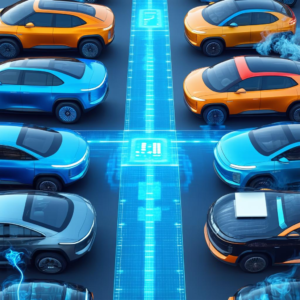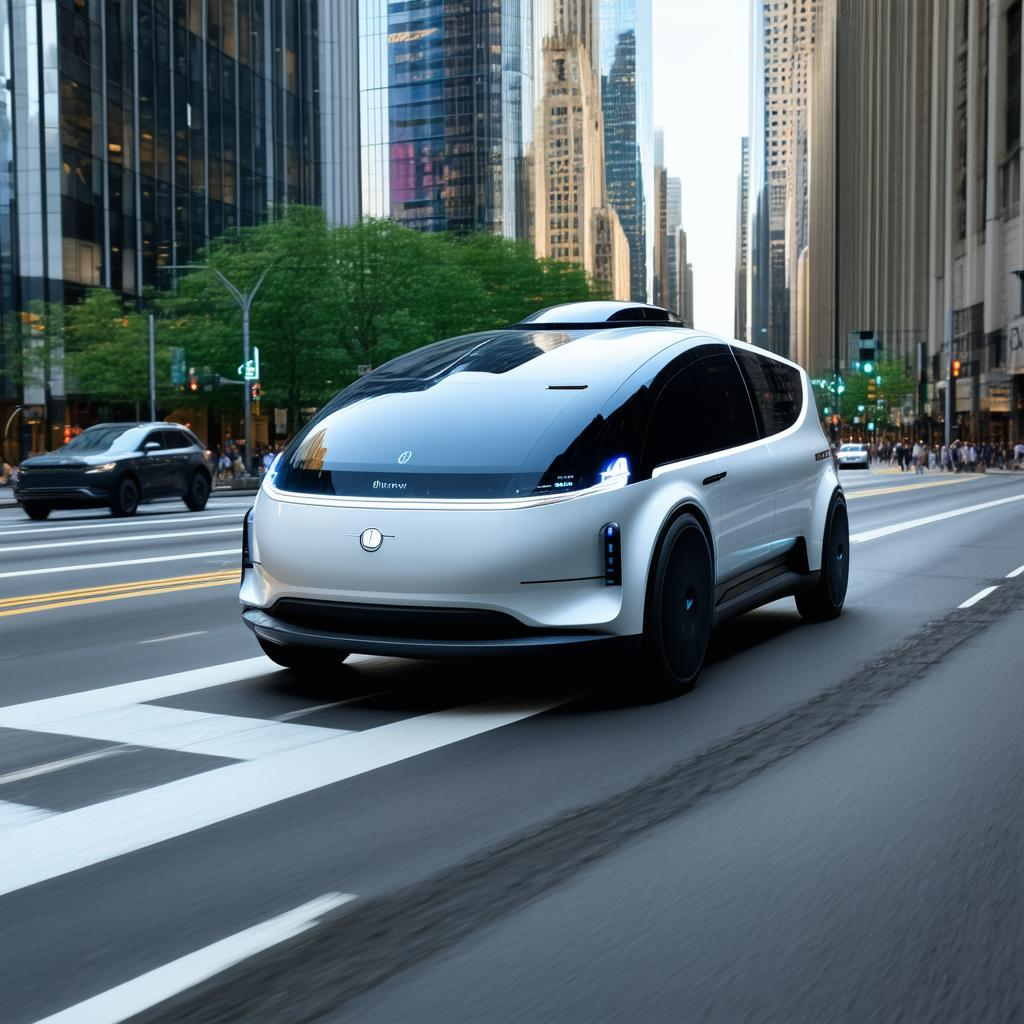
Ever found yourself pondering whether to choose a hydrogen fuel cell vehicle or stick with a tried-and-tested electric vehicle (EV)? It’s a bit like deciding between two flavors of ice cream—both are delicious, yet each carries its unique charm. As we cruise through 2025, the debate about which green technology will dominate the world of zero-emission travel is growing louder. Hydrogen cars are gaining traction, but can they compete with the well-established EV ecosystem? Let’s explore how hydrogen fuel cell vehicles are reshaping the transportation landscape and how they compare to EVs.
What Are Hydrogen Fuel Cell Cars?
At first glance, hydrogen fuel cell cars might seem like something out of a futuristic movie. These vehicles generate electricity by converting hydrogen through an electrochemical reaction, producing only water vapor as exhaust. Yes, you read that right—no greenhouse gases, just a gentle puff of water droplets, like a jogger sipping from a water bottle and spitting out the extra.
Here’s a quick look under the hood:
- Hydrogen Tanks: Store hydrogen at high pressure.
- Fuel Cell Stack: Converts hydrogen and oxygen into electricity.
- Electric Motor: Powers the car using the electricity generated on the spot.
In essence, hydrogen cars function like mobile power plants. Unlike EVs, which rely on plugging into a charger, hydrogen vehicles generate their electricity as needed. It’s efficient, clean, and undeniably fascinating.
Why Hydrogen Cars Could Steal the Spotlight
Imagine pulling up to a hydrogen fueling station, refilling your car in under five minutes, and driving off with a range that rivals—or even beats—many EVs. That’s the promise hydrogen cars bring to the table, and it’s a game-changer for long-distance travelers.
Advantages of Hydrogen Cars:
- Quick Refueling: Refuel in as little as 5-10 minutes, similar to traditional gas stations.
- Impressive Range: Hydrogen cars often exceed the range of many battery-electric vehicles.
- Lightweight Fuel Tanks: Hydrogen tanks are lighter than bulky EV batteries, which could improve efficiency.
But there’s a catch. Unless you live in regions like California, Japan, or Germany, finding a hydrogen station might feel like searching for a needle in a haystack. Infrastructure development remains hydrogen’s biggest challenge.
The EV Advantage: Tried, Tested, and Trusted
While hydrogen cars offer enticing perks, electric vehicles are far from fading into the background. In fact, EVs continue to dominate the market with their accessibility, affordability, and ever-growing infrastructure.
Why EVs Still Lead:
- Widespread Charging: EV chargers are available in malls, hotels, and residential areas.
- Lower Costs: Battery prices are dropping, making EVs more affordable over time.
- Proven Technology: EVs have years of market presence, leading to better support, resale value, and reliability.
It’s hard to ignore the head start EVs have over hydrogen cars, but as hydrogen infrastructure expands, the balance might begin to shift.
Environmental Impact: Hydrogen vs. EVs
Both hydrogen fuel cell vehicles and EVs are champions of sustainability—but how green they truly are depends on the source of their energy.
- Hydrogen’s Paradox:
Hydrogen cars rely on hydrogen fuel, which can be produced sustainably (green hydrogen) or through carbon-intensive methods (gray hydrogen). While green hydrogen, created via renewable energy, is environmentally friendly, gray hydrogen is not. - EV’s Grid Dependency:
Similarly, the environmental impact of EVs depends on the local energy grid. Charging an EV in a region powered by renewable energy is far greener than in areas reliant on coal.
The takeaway? Both technologies have room to grow and become more sustainable, depending on how their energy sources evolve.
Hydrogen and EVs: A Complementary Future?
Let’s fast-forward to a day in 2025. Your neighbor’s battery-electric SUV charges overnight in her garage, while your hydrogen sedan refuels in minutes at a nearby station. Both vehicles are zero-emission, yet they cater to different lifestyles. This is the future we’re likely heading toward—a synergy between hydrogen and EV technologies.
- Hydrogen’s Strengths: Ideal for long-distance drivers, commercial fleets, and heavy-duty trucks.
- EV’s Role: Perfect for city commutes and regions with extensive charging infrastructure.
Rather than one technology overtaking the other, both could coexist, serving different niches and needs.
Challenges Facing Hydrogen Cars
Let’s address the elephant in the room: infrastructure. While EV charging stations are popping up everywhere, hydrogen fueling stations remain scarce. Developing this network is expensive, requiring government support, private investments, and consumer demand.
However, progress is underway. For more on hydrogen station developments, visit the U.S. Department of Energy’s Fuel Cell Technologies Office.
Tips for Potential Hydrogen Car Buyers
Thinking about taking the plunge? Here are a few things to consider:
- Check Local Availability: Make sure there’s a hydrogen station nearby.
- Look for Incentives: Many governments offer rebates or tax breaks for hydrogen vehicles.
- Compare Maintenance Costs: Hydrogen cars might require specialized servicing, so factor that into your decision.
- Join Communities: Online forums and user groups can provide valuable insights and real-world experiences.
Final Thoughts: The Road Ahead
So, is hydrogen the future of transportation? Or will electric vehicles maintain their lead? Truthfully, it’s not a zero-sum game. Both technologies have the potential to thrive, each carving out its niche in the automotive world.
Hydrogen cars might not yet have the infrastructure to challenge EV dominance, but their quick refueling times and long-range capabilities make them a compelling option for certain drivers. Meanwhile, EVs remain the go-to choice for urban commuters and those seeking a well-established technology.
As the world shifts toward sustainability, one thing is clear: the future of transportation will be cleaner, greener, and more innovative than ever.
Call to Action
Curious about the progress of hydrogen fuel cell vehicles? Visit the International Energy Agency (IEA) for detailed insights and global trends. Together, let’s embrace cleaner technologies and create a more sustainable future.




